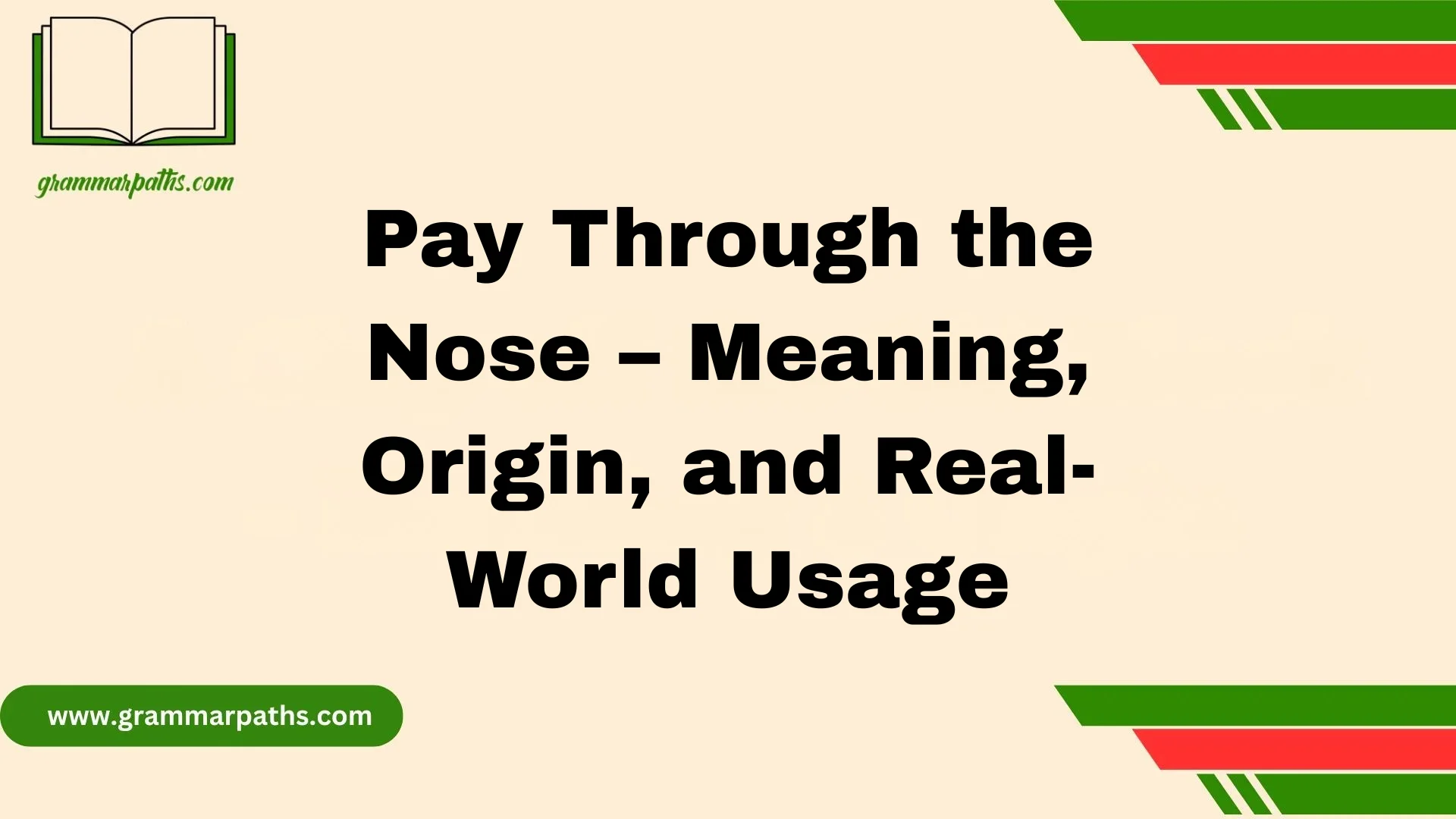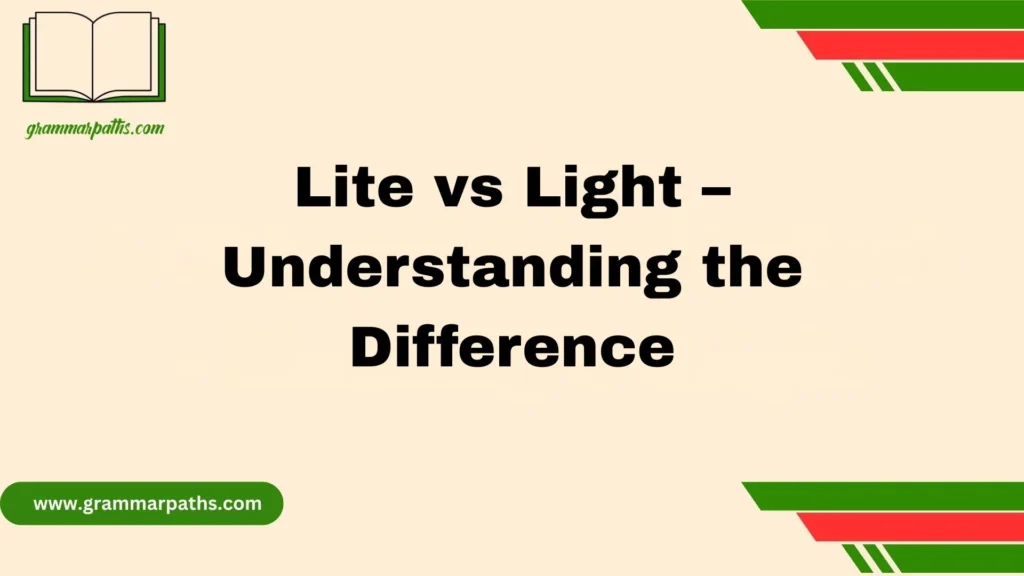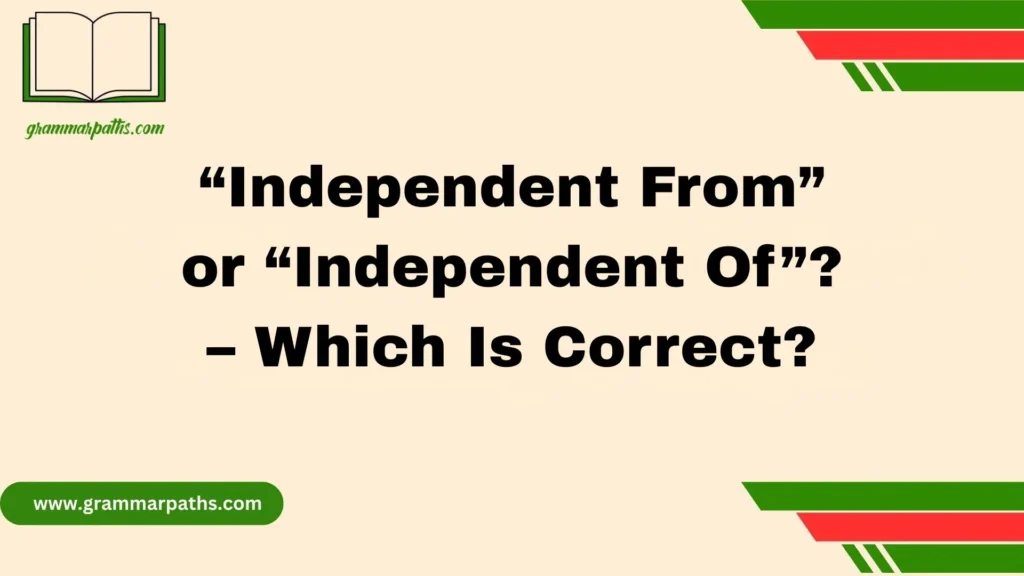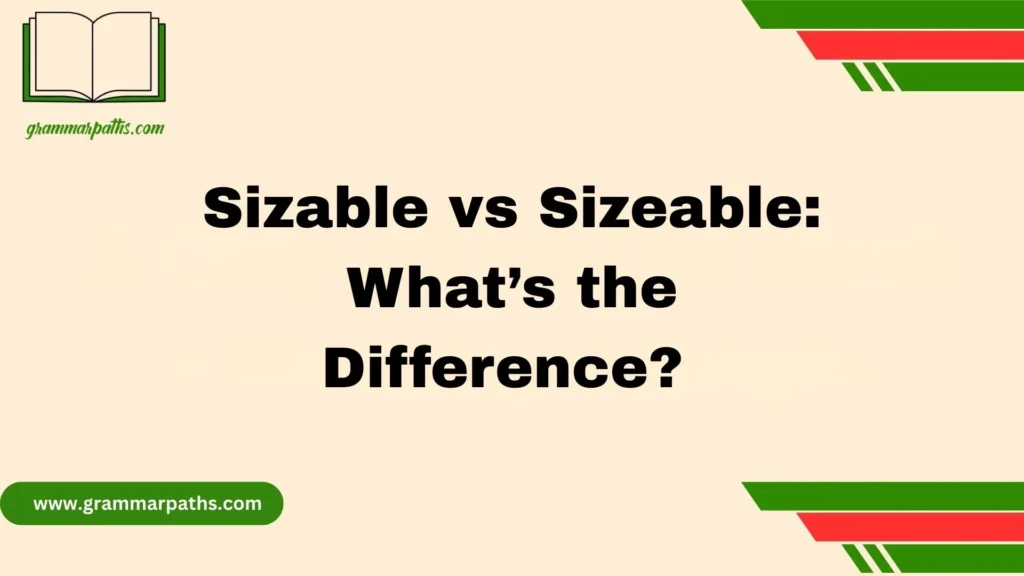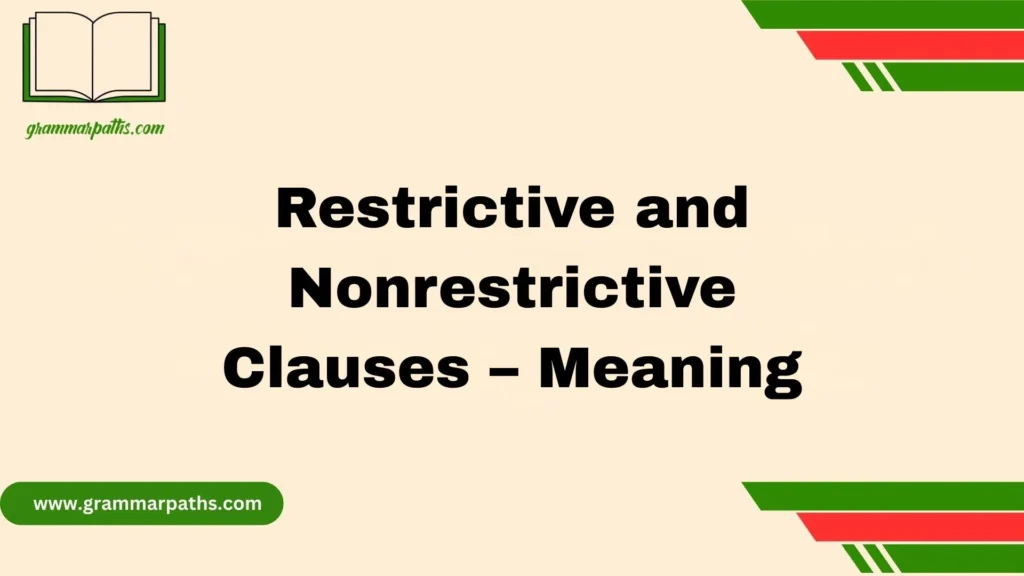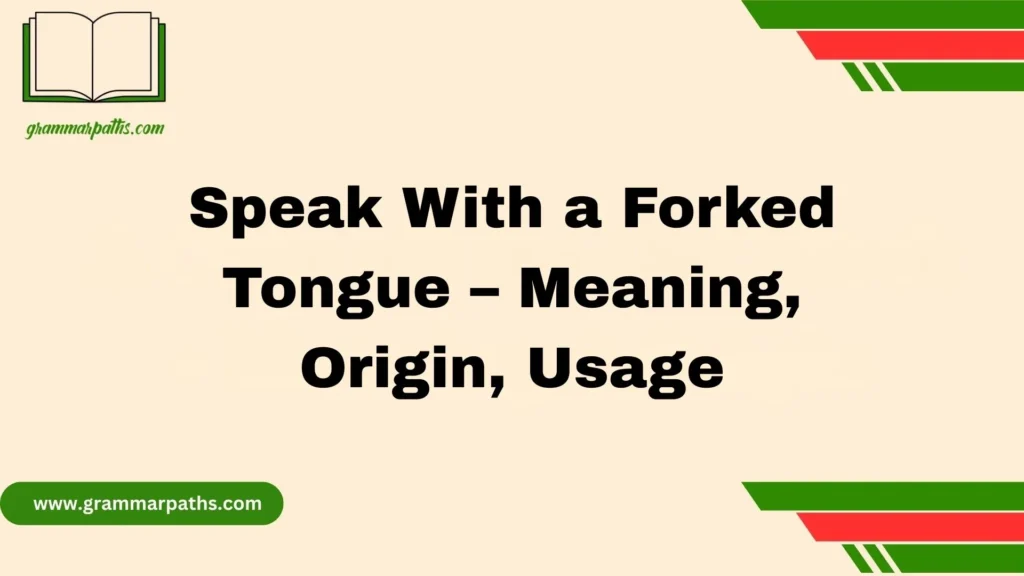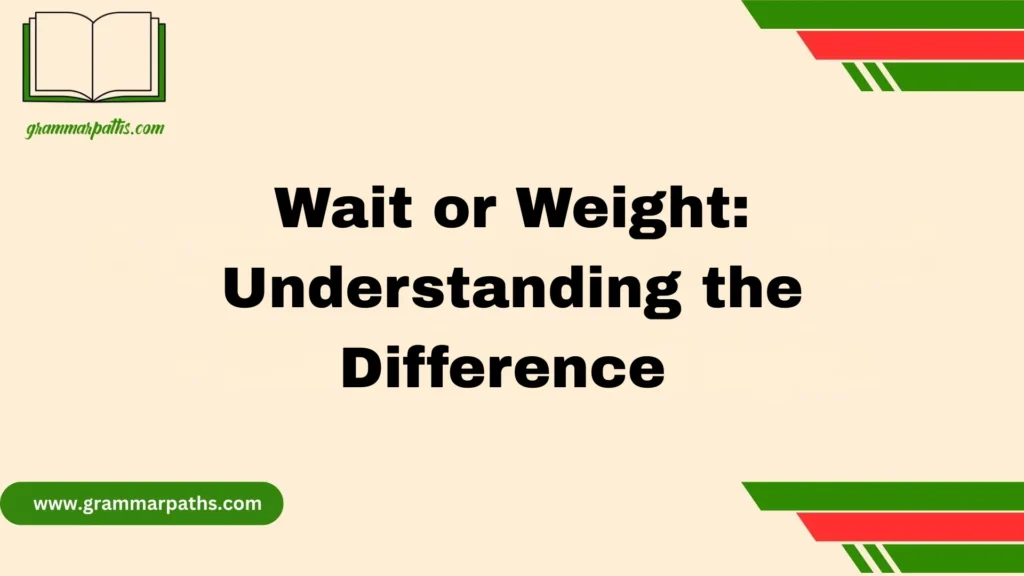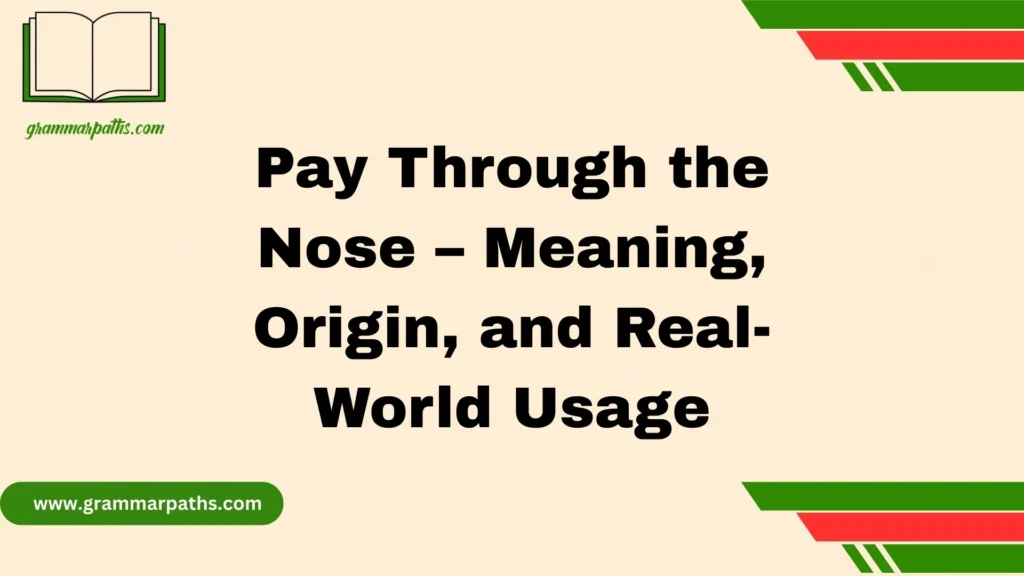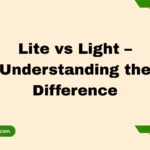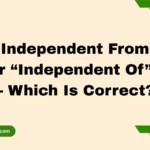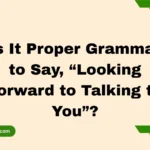Have you ever been shocked by a price tag and said, “I had to pay through the nose for that”? This colorful English idiom paints a vivid picture of being overcharged or paying an excessive amount for something. Whether it’s the latest smartphone, concert tickets, or rent in a big city, people often use this phrase to express frustration about spending too much money.
The idiom “pay through the nose” has an interesting origin and meaning that trace back centuries, revealing how language captures human emotion and experience. In modern times, it’s more than just an old-fashioned saying—it’s a real-world expression used in daily conversations, news articles, and even business discussions to describe unfair pricing or costly situations.
In this article, we’ll dive deep into what “pay through the nose” really means, where it came from, and how it’s used in everyday English. We’ll also explore examples, variations, and cultural relevance, helping you not only understand this idiom but use it confidently in your own speech and writing.
Definition of “Pay Through the Nose”
The idiom “pay through the nose” means to pay an extremely high or unreasonable amount for something. It suggests that you’re being overcharged or forced to spend more than something is worth.
In everyday English, it expresses frustration or disbelief over high prices. For example:
- “He paid through the nose for those VIP tickets.”
- “You’ll pay through the nose if you buy gas in that part of town.”
Here’s how it compares in literal and idiomatic terms:
| Type | Meaning | Example |
| Literal | Paying through your nose — impossible and absurd | — |
| Idiomatic | Paying an excessive, unfair amount | “She paid through the nose for that handbag.” |
The tone is usually informal but not offensive. It’s commonly used in speech, writing, and even journalism to emphasize high costs.
Understanding Idioms in English
Idioms are phrases whose meanings can’t be understood literally. For non-native speakers, they can be confusing because they often don’t make sense word-for-word.
Take “spill the beans” (to reveal a secret) or “hit the sack” (to go to sleep). None of those involve actual beans or sacks, yet they’re common in natural English.
Why idioms matter:
- They make conversations more engaging.
- They reveal cultural attitudes and humor.
- They help learners sound more fluent and natural.
For English learners, idioms like pay through the nose are essential for understanding how emotion and exaggeration color the language.
Breaking Down the Phrase
To really grasp idioms, it helps to break them down piece by piece. Let’s do that with pay through the nose.
- Pay – the act of giving money for something.
- Through – often suggests going beyond, enduring, or suffering.
- Nose – symbolically linked to discomfort or pain (imagine something pulled through your nose—ouch!).
When you combine these, the imagery becomes powerful. Paying “through the nose” implies a painful financial experience, one that feels excessive or unfair.
It’s a perfect example of hyperbole — a deliberate exaggeration used to express strong emotion. English speakers use it when they want to stress how expensive something feels.
Historical Origin of “Pay Through the Nose”
The origin of this idiom is surprisingly dark — and debated.
The Norse Tax Theory
One popular explanation traces it to 9th-century Ireland, when the Vikings invaded. Historical accounts suggest that Irish citizens were forced to pay a nose tax — a severe penalty where non-payers supposedly had their noses slit as punishment.
Although historians dispute the literal truth of this “nose-cutting” story, it captures how idioms evolve from dramatic legends. The pain implied by “paying through the nose” would have made perfect sense in such a brutal historical context.
17th-Century English Use
The first recorded appearance of the phrase in English dates to the 1660s. It appeared in a satirical pamphlet about overcharging and financial exploitation. Over time, the idiom became a common expression for excessive cost.
A linguistic timeline helps illustrate its journey:
| Century | Historical Context | Example of Usage |
| 9th | Viking invasions in Ireland | Alleged “nose tax” story |
| 17th | Appears in English satire | “He pays through the nose for every pleasure.” |
| 19th–20th | Spread through American English | Used in newspapers and novels |
| 21st | Common in global English | Found in media, blogs, and conversation |
Today, its meaning remains the same — a colorful way to complain about high prices.
Cultural and Linguistic Influences
Language always reflects culture. The idiom pay through the nose reveals how societies express emotions about money and fairness.
For example:
- In cultures where bargaining is common, idioms about being overcharged are often exaggerated and humorous.
- In English-speaking countries, financial complaints are often expressed with sarcasm or irony, which makes idioms like this especially fitting.
There’s also evidence of influence from Scandinavian languages, since Norse invaders left a linguistic footprint in Ireland and England. The imagery of suffering or losing something valuable (like your nose) mirrors the emotional sting of losing money.
Modern Usage in Everyday English
You’ll find pay through the nose everywhere — from casual talk to media headlines.
Examples in Everyday Life
- Shopping: “You’ll pay through the nose for organic food at that grocery store.”
- Travel: “Tourists often pay through the nose for hotel rooms during summer.”
- Technology: “He paid through the nose for the latest iPhone model.”
- Education: “Parents are paying through the nose for private tutoring these days.”
When It’s Appropriate
- Informal writing and conversation: Common and relatable.
- News and commentary: Used for emphasis in consumer-related stories.
- Business communication: Use sparingly — it can sound too casual.
Avoid it in formal academic writing or legal documents where precision and neutrality matter.
Global and Regional Equivalents
Interestingly, almost every language has its own way to describe paying too much. Here’s a comparison of idioms across cultures that share the same meaning:
| Language | Equivalent Idiom | Literal Translation | Meaning |
| Spanish | “Costar un ojo de la cara” | “To cost an eye from your face” | Very expensive |
| French | “Coûter les yeux de la tête” | “To cost the eyes from your head” | Overpriced |
| Italian | “Costare un occhio della testa” | “To cost an eye from the head” | Extremely costly |
| Chinese | “贵得离谱 (guì dé lí pǔ)” | “So expensive it’s absurd” | Ridiculously expensive |
| German | “Ein Vermögen kosten” | “To cost a fortune” | Excessive cost |
The emotional core is universal — feeling cheated or burdened by high prices. Each culture expresses that in its own colorful way.
Related English Idioms About Money
English is rich with idioms about money — especially when it comes to complaining about spending it. Here are some that mean nearly the same as pay through the nose:
| Idiom | Meaning | Example |
| Cost an arm and a leg | Extremely expensive | “That watch cost him an arm and a leg.” |
| Break the bank | To spend or lose all your money | “Buying a new car won’t break the bank.” |
| Burn a hole in your pocket | Having money that you’re eager to spend | “His bonus is burning a hole in his pocket.” |
| Pay an arm and a leg | To pay a large amount of money | “They paid an arm and a leg for the house.” |
While these idioms share the theme of expense, pay through the nose adds a hint of resentment — it’s not just costly; it’s unfairly costly.
Practical Tips for Using “Pay Through the Nose” Naturally
To sound fluent and natural, follow these usage tips:
- Use it for exaggeration: It’s meant to sound emotional, not literal.
“I paid through the nose for parking downtown last night.” - Use correct tense:
- Present: “I pay through the nose every month for rent.”
- Past: “We paid through the nose for tickets.”
- Future: “You’ll pay through the nose if you buy last minute.”
- Avoid confusion: Don’t say “paid from the nose” or “paid by the nose.”
- Don’t overuse it: Reserve it for moments of genuine frustration or shock.
Common learner mistake:
Some English learners try to use the idiom in inappropriate contexts, like serious financial reports. Remember, it’s figurative and emotional, not literal or technical.
Idioms, Culture, and Emotion
Idioms aren’t just linguistic decoration — they’re emotional time capsules. They reveal how people feel, not just how they speak.
When someone says they paid through the nose, they’re expressing more than just the price tag; they’re showing irritation, disbelief, or even humor.
This is why idioms stay alive for centuries. They connect language to shared human experiences — in this case, the universal pain of spending too much.
“A nation’s idioms are its fingerprints — unique, emotional, and impossible to fake.”
Understanding idioms gives you insight into both language and culture, making you not only a better communicator but a more observant thinker.
Quick Quiz: Test Your Idiom Knowledge
Try these quick questions to see if you’ve mastered pay through the nose:
- Which of these sentences uses the idiom correctly?
- A. “She paid through the nose for the designer bag.”
- B. “She paid from her nose for the designer bag.”
- Which situation best fits the idiom?
- A. You buy a cheap second-hand bike.
- B. You spend $300 on a haircut.
- Which idiom means something similar?
- A. “Spill the beans.”
- B. “Cost an arm and a leg.”
Answers: 1-A, 2-B, 3-B
Summary: What “Pay Through the Nose” Teaches About Language
Idioms like pay through the nose remind us that language is more than communication — it’s storytelling. Behind each phrase lies history, humor, and culture.
We’ve learned that:
- It means paying too much for something.
- Its roots trace back centuries, possibly to Viking-era taxes.
- It reflects cultural views of money and fairness.
- It has global equivalents with similar meanings.
Whether you’re writing an essay, teaching a class, or chatting with friends, idioms like this one add life and authenticity to your English.
So next time you find yourself staring at a sky-high bill, just smile and say — “I guess I’m paying through the nose again.”
Conclusion
In simple terms, the phrase “pay through the nose” means spending an exorbitant amount of money for something that isn’t quite reasonable. From airplanes charging extra for good meals to universities asking immigrated citizens to pay more for a degree, this idiom captures real-life frustration. Whether found in the Farlex Dictionary of Idioms (©2024, all rights reserved) or the McGraw-Hill American Phrasal Verbs (©2002, Companies), both point to the same truth — when prices soar, we all feel like we’re paying an arm and a leg.
FAQs
Q1: What does “pay through the nose” mean?
It means paying far more money for something than what’s fair or reasonable.
Q2: Where did this idiom come from?
The exact origin isn’t clear, but it’s an old American expression noted in many dictionaries of idioms.
Q3: Can it be used in formal writing?
Yes, but it’s more common in informal or conversational English.
Q4: Are there other idioms with the same meaning?
Yes — “pay an arm and a leg” and “cost a fortune” both describe paying a high price.
Q5: What are some examples?
“I had to pay through the nose for my concert ticket.” “Because I’m not a citizen of this country, I pay through the nose for tuition.”

Grace Marie is the dedicated writer behind GrammarPaths.com, where she shares her passion for English grammar, idioms, and writing mastery. With a strong background in language studies and years of experience helping learners improve their communication skills, Grace creates clear, practical, and engaging content that makes English easy to understand.
